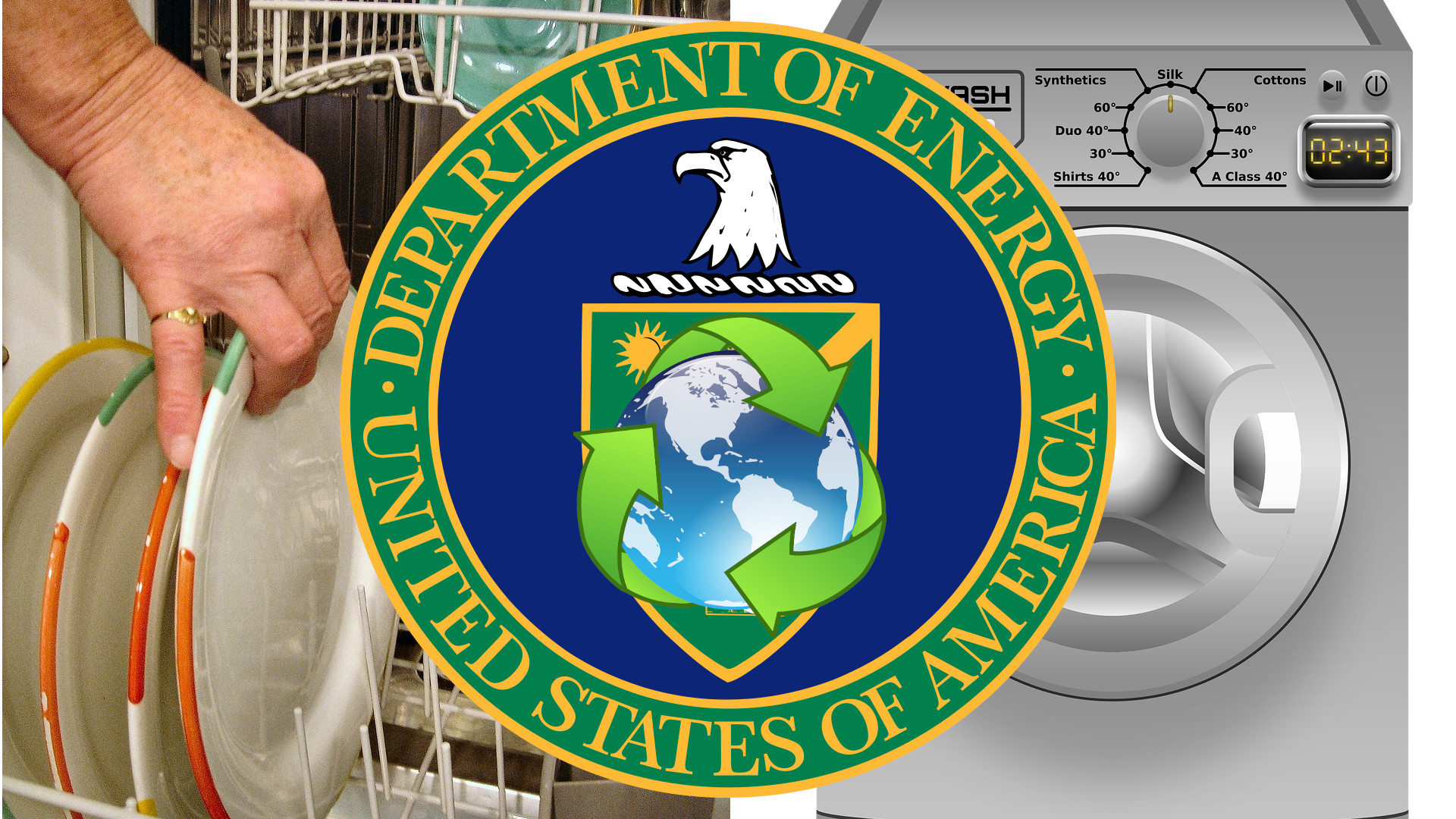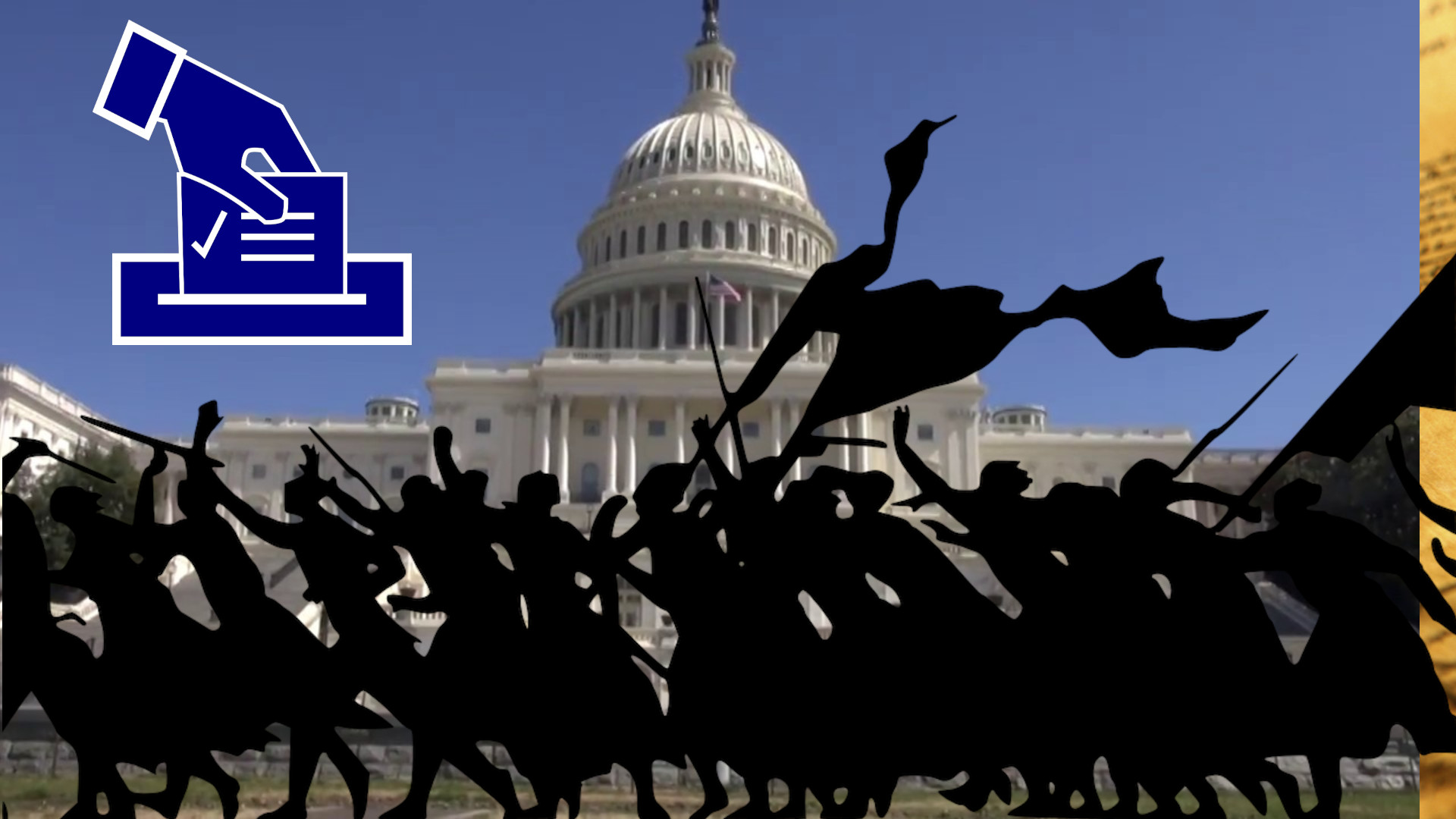Author: Paul Engel
Like many of you, I am a product of the public schools. Like many of you I thought the Constitution was for lawyers and judges. One day I read the Constitution, and was surprised to find I didn't need a law degree to understand it. Then I read the Declaration of Independence, the Federalist Papers and even the Anti-Federalist Papers. As I learned more and more about our founding fathers and documents I saw how little we know about how our country was designed to work and how many people just didn't care. I started The Constitution Study to help those who also want read and study our Constitution.

407 – Chevron Deference
For decades, Congress has been turning over more and more lawmaking power to the Executive Branch. Frequently this is done by legislation giving the head of some agency or department the power to establish rules which have the force of law. What happens when the legislation doesn’t explicitly say that such-and-such department has the power to make a certain rule? To deal with this, courts have come up with something called “Chevron Deference”. While the case Loper Bright Enterprises, v Gina Raimondo, Secretary Of Commerce deals with who pays the salaries of federal observers on fishing boards, a more fundamental questioning of the court’s deference to government agencies interpretation of law is the cornerstone of the petitioner’s arguments.
Read More
406 – Regulating Your Life
Have you noticed how often the government of the United States decides how you should live your life? It seems everything from food and drugs to the lightbulbs in your home are regulated by Uncle Sam. And whenever some bureaucrat deems it necessary, they simply roll out another “rule” or “regulation” to clamp down on the American people. It seems though, that one of those agencies may have bitten off more than they could chew, at least according to the Fifth Circuit Court of Appeals. In the case Louisiana, et. al. v. U.S. Department of Energy the court decided that one of the DOE’s rules was illegal, but was it unconstitutional?
Read More
405 – The Real Insurrection in America
Although I’ve talked about the recent attempts to keep Donald Trump off the 2024 ballot on the radio program, I realized I haven’t taken the time to do an in-depth article here. I apologize for taking so long to broach this extremely important topic in this venue.
Unless you’ve been hiding from everything politics in the United States, you are aware that there are actors in several states that have sued in their state courts to disqualify Donald Trump from being on their states primary election ballot for President of the United States. As of this writing, in only two states, Colorado and Maine, have those actors found some measure of success. While this case will undoubtably find its way to the Supreme Court, this truly is a state issue, even though it has national importance.
Read More
National Religious Broadcasters Expo
The National Religious Broadcaster Conference is February 20-23, 2024 in Nashville, TN. I have an Expo pass, and will probably be wandering the expo one morning to early afternoon. If anyone is in the area and would like to meet-up, please let me know.
Read More
404 – Lawsuits for Revenge and Profit?
One of the most common ways for an American to seek a redress for some grievance is to file a law suit. This has made the United States a very litigious society. I was not able to determine the number of lawsuits filed, but in 2023 there were more attorneys in the United States (1.33 million) than doctors (1.08 million). As you might imagine, it is unlikely that all of these lawsuits are legitimate.
Take for examples the case of Acheson Hotels, LLC v. Laufer. In this case, Acheson Hotels claims that Deborah Laufer filed a lawsuit against them not because she was harmed by their hotel, but because she is an activist using the Americans with Disability Act to harass companies who do not advertise whether or not they have handicapped accessible rooms. While the Supreme Court found that the case was moot, both the facts of the case and the courts decision points to what appears to be a case of Ms. Laufer using lawsuits for both revenge and profit.
Read More
403 – What is Income?
There are certain words that are so commonly used we think they have a universal understanding. One of those words is “income”. Think about it, what is income? Your paycheck? Dividends on your investments? Profits from your business? When does an increase on the value of something you own become “income”? The answer to that question is important to more than just the parties in the case Moore v. United States, but to just about every American. Can the United States tax you, as income, for the value of something you have not sold yet?
Read More
402 – New Years
I don’t “do” New Years Resolutions. To me, they’re one step above a campaign promise. (At least you intend to keep your resolutions.) That said, the beginning of a new year is a good time to consider your future. What plans do you have for the new year? While I do not make New Years Resolutions, if you do, here are a few ideas I think you should consider.
Read More